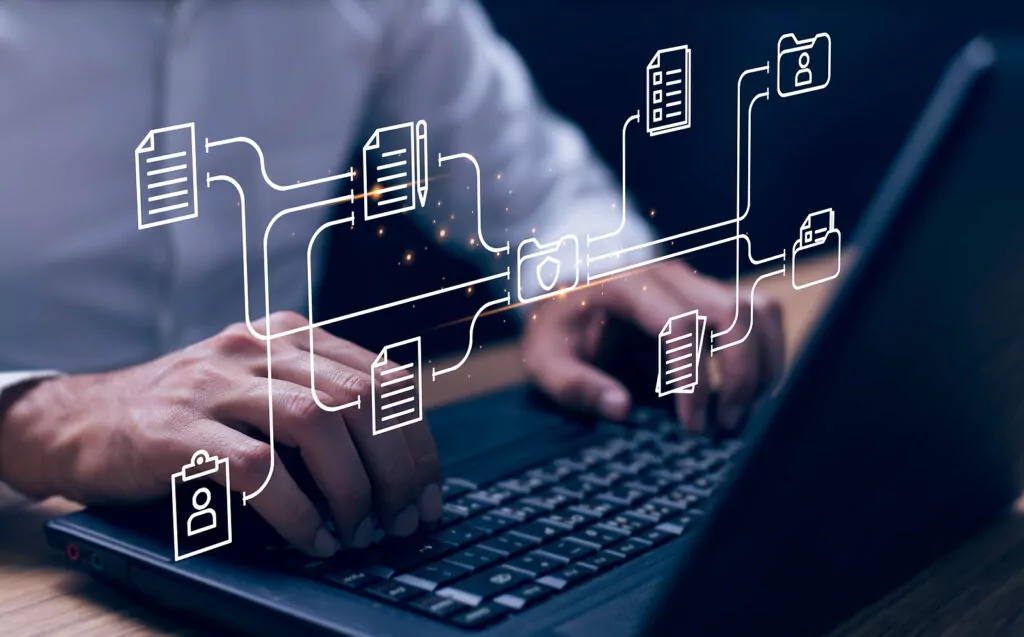Have you ever noticed your phone making subtle suggestions, like how long it will take for you to go somewhere at a time you often go to that place, even when you aren’t using a maps application? It was a minor annoyance in the back of my mind until I read a recent FastCompany article. Now I’m really concerned.
The author challenges Gilad Lotan, Vice President of BuzzFeed’s Data Science team, to identify two individuals based on a month of their anonymized location data from Google Maps. The maps data he was given showed a timeline of their trips from home to work to the grocery store, to medical clinics, political events, and even hotels in their home town. It provided an eerily clear portrait of the individuals. Lotan then cross referenced the data with public records, social media, and the data of other applications with geo-tagging components to identify the two individuals and their social, financial, medical, and political situations.
Sales is increasingly data driven as companies are able to specifically market to individuals based on their position, preference, and the time they are most likely to buy. We are feeding a system of data creation by paying Google and many other companies for the data that allow us to do this. This has created a market where data is given away in lieu of payment for an application. “You get this app for free if you give us access to the data you generate while using the app.” This data is then used for profit or sold to someone else to use for profit. As new applications are created to make our lives more efficient, the data individuals provide about themselves while using these apps is making a science of this targeting, while making personal information ubiquitous.
You don’t have to be the victim of a data breach to give a motivated business or individual a clear target. You willingly sign away your rights to privacy with every application you download to make life a little more convenient. You don’t read the agreement, you take pictures of yourself and post them publicly, you give away valuable information about your preferences in return for access to “free” applications.
In the discussion of data privacy, the consensus is that companies should be held accountable for data breaches that have real financial consequences for their customers. But criminals may not need to steal data in the future if we continue giving away data about ourselves for free.




